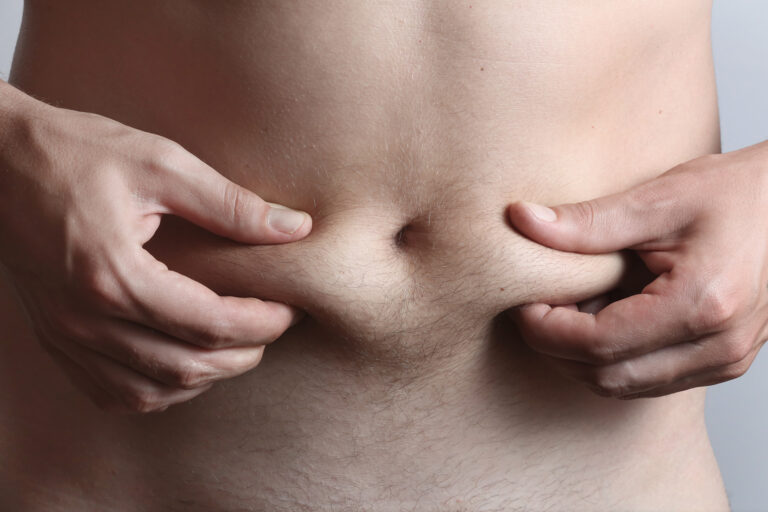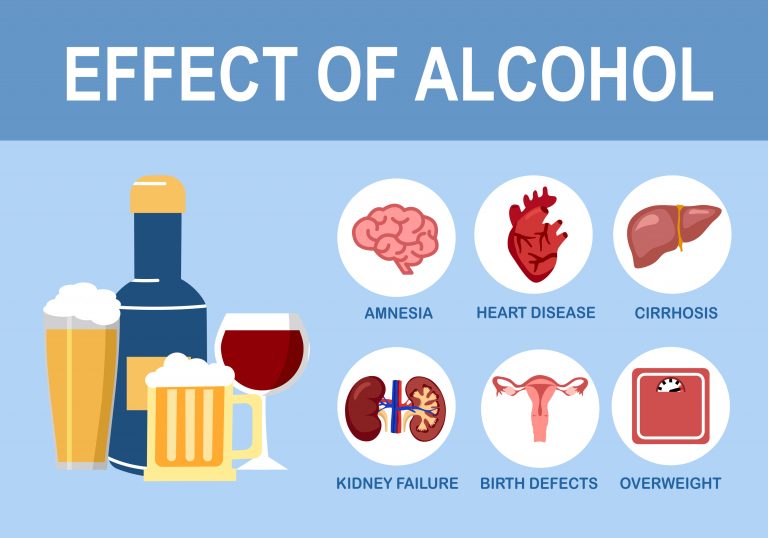The Bridge is built on the belief that everyone can beat addiction with the right help and the right mindset and all three of our Founders have the personal experience of having done just that.
They love their lives without the damaging influence of drugs and alcohol and have all taken on the mission to help others struggling with their addiction, which is fundamental to the 12 Steps programme. The key point of Service from the 12 Steps has led them to create The Bridge, a boutique rehabilitation centre in Marbella, to support people through their recovery and develop different addiction treatment programmes to help all types of people with their journey to sobriety and long-term recovery.
In this article, they are sharing their stories, tips, suggestions and approaches to beating addiction and hope that it can inspire you to make a real and lasting change. If you can’t go it alone, know that help is out there, through your GP, your local AA group, or an addiction rehabilitation centre like ours. Please don’t hesitate to reach out, if you need help to overcome your addiction.
Start by taking a long, hard look at yourself and admit you have a problem
Step 1 of Alcoholics Anonymous’ famous 12 Steps is to admit you have a problem, but for many people this can be one of the hardest things to do.
Start by being honest with yourself about your drinking or drug use habits and face it head on. Honestly log how often you’re drinking or using and how much and compare that with healthy alcohol intake for example. There are some useful questionnaires online, which can help us identify when our drinking or drug use has gone past recreational and into problem territory.
We’ve written two articles entitled How do I know if I am addicted to alcohol? and What are the signs that someone is addicted to drugs? which contain lots of helpful advice to get the answer that you need. There are also lots of fantastic books and articles which can help you to reflect on your habits and see your behaviour in a new light.
Long-term recovery starts with being honest with yourself and others and not being afraid to face yourself and your problems head on. Many people use drugs or alcohol to mask their feelings, or numb painful emotions or trauma. But unfortunately, we need to face our past, and understand and accept what has happened and how we feel, in order to step into a brighter future.
Find your nearest 12 Step Group and attend meetings regularly
Once you’ve admitted you have a problem and need help with stopping drinking or drugs, you need to build yourself a support system. The AA and NA have been providing free support for alcoholics and drug addicts worldwide since the 1930s and it’s still proven to be some of the most effective addiction support out there. We integrate 12 Step meetings into our addiction recovery programmes and passionately believe in their system. The best thing is that they can be found anywhere and is totally free, so anyone can get help.
By following the 12 Steps, you have a roadmap to guide you through the challenges of recovery and a peer-to-peer support system, plus access to meetings, whenever you feel your resolve is slipping. Even if you’re feeling strong, we advise attending meetings regularly, to keep you on track and help you develop effective coping mechanisms for the challenges of staying clean and sober, even when times are hard.
Make a change to your lifestyle to support your recovery
If your life always revolved around drinking and taking drugs, it will be nearly impossible to stop, without changing your routines and patterns. Take a look at the situations where you used to drink or use, and the people who encouraged you, and make a change. Try and replace unhealthy habits, with healthy ones, rather than simply eliminating one and leaving a void.
We’re great believers in the power of exercise and nutrition to boost your mood and improve mental and physical health. So why not switch a night in the pub, with a cooking class, or a workout. If day drinking was your thing, join a hiking group, to get you out of the house and into nature, doing something positive, where alcohol wouldn’t even figure.
Take up a new hobby or learn a new skill to fill the time you previously wasted with destructive drinking or drug use. You might find a new passion and talent you never knew you had and you’ll build a friendship group which is not attached to those self-destructive habits that you’ve moved on from.
Take an active approach to relapse prevention
Unfortunately, relapse is common with addictions, with 40-60% of people who have received treatment for addiction relapsing. But rather than let that depress you, let it inspire you to take action! There are lots of great tools and techniques you can learn to avoid the chance of relapse. These include identifying triggers and planning for how to deal with them when they strike, learning to manage stress and anxiety without turning to drugs and of course, making sure not to miss your 12 Step Meetings.
We’ve found that CBT really helps to change mindset and put practical solutions and coping strategies in place before our clients go home.
Working with a Sober Coach in the lead-up to leaving residential rehab and having them travel with you and stay with you for the first few crucial days really helps to build on the progress you’ve made at The Bridge. They can help to prepare your home to start your new life, accompany you on those first few outings to avoid temptation and help you establish new and better routines and habits. Read more about How to Reduce the Risk of Relapse
Take it one day at a time
Recovery is an ongoing process and the best way to deal with it is simply take it one day at a time and make a conscious choice to continue on your recovery and work on yourself. Each day will get easier and over time your new habits will have developed, your mental and physical health will have improved and you will be amazed by how well you feel and how good life is. You’ll always be an addict, but you will find it so much easier to say no and realise you no longer need the crutch of alcohol or drugs and that life is so much better without it. If you need help to break free from addiction, please ask for it! Whether it’s from your GP, a local AA group, or a rehabilitation centre such as ours, there are lots of people out there to support you through it, if you can be brave enough to ask. Contact us to discuss how you can start your journey to a life free from addiction.




